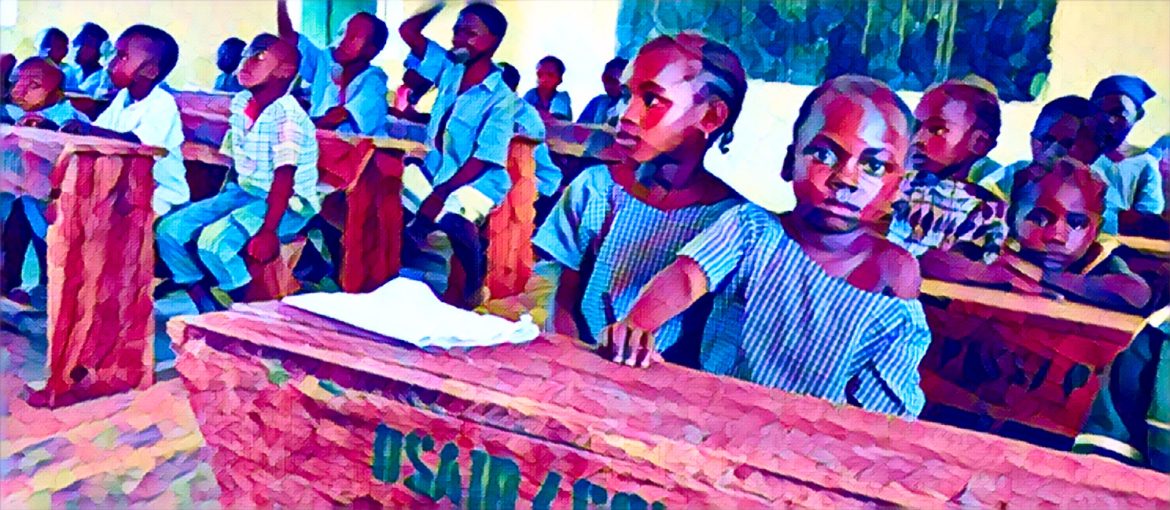KEY POINTS
- Nigeria’s education sector received N2.18 trillion in the 2024 budget, accounting for 7.85 percent of the total budget, below UNESCO’s recommended 15-20 percent.
- Funding shortfalls have led to inadequate infrastructure, insufficient teaching materials, and a shortage of qualified educators.
- Regional disparities in funding result in poorer educational resources and opportunities in rural areas.
Nigeria’s education system is pivotal for its socio-economic development. However, persistent funding gaps have impeded progress, affecting the quality of education and limiting access for many citizens.
Understanding these financial challenges and exploring potential solutions is essential for the nation’s advancement.
Current state of education funding in Nigeria
In the 2024 budget proposal, the Nigerian government allocated N2.18 trillion to the education sector, representing 7.85 percent of the total N27.5 trillion budget.
This allocation is an increase from previous years but still falls short of the UNESCO-recommended 15-20 percent of national budgets for education.
The underfunding has led to inadequate infrastructure, insufficient teaching materials, and a shortage of qualified educators, adversely affecting educational outcomes.
Impact of funding gaps on educational quality
The insufficient funding has resulted in overcrowded classrooms, dilapidated facilities, and limited access to modern educational resources.
These conditions hinder effective teaching and learning, contributing to low literacy rates and poor academic performance among students.
Additionally, the lack of investment in teacher training and development has led to a deficit of qualified educators, further compromising the quality of education.
Regional disparities in education funding
Funding disparities between urban and rural areas exacerbate educational inequalities.
Rural schools often receive less financial support, resulting in poorer infrastructure and fewer learning materials compared to their urban counterparts.
This imbalance limits educational opportunities for children in rural communities, perpetuating cycles of poverty and underdevelopment.
Government initiatives and international support
The Nigerian government has acknowledged these challenges and is taking steps to address them.
In September 2024, the World Bank approved a $1.57 billion financing package for Nigeria to support its health and education sectors.
This funding aims to increase the availability and effectiveness of financing for basic education and primary healthcare services, addressing governance issues that constrain service delivery.
The need for sustainable funding models
To bridge the funding gaps, Nigeria must explore sustainable financing models.
This includes increasing budgetary allocations to education, enhancing transparency and accountability in fund utilization, and encouraging private sector investment.
Public-private partnerships can play a crucial role in mobilizing resources and improving educational infrastructure and quality.
Conclusion
Addressing the funding gaps in Nigeria’s education system is imperative for national development.
Adequate investment in education will not only improve learning outcomes but also equip the workforce with the necessary skills to drive economic growth.
A collaborative effort involving the government, private sector, and international partners is essential to achieve a sustainable and equitable education system for all Nigerians.


